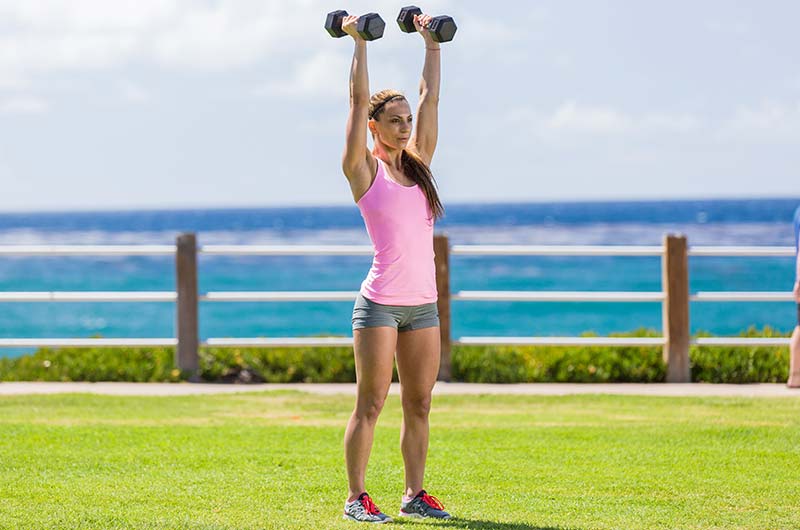
Want to Stay Healthy? Just Exercise
When my boys were very little, I wont to bug them regarding exertion, particularly on the weekends. I was like a broken record. They would practically be chained to their chairs, playing with their computers. No matter that hours would pass and they hadn’t eaten. They were captive. I’m happy to say that now that they’re grown and on their own, I don’t have to nag them anymore. They are both proud card-carrying gym members.
So instead of bugging them, when I started writing this blog, I suspect I began to bug all my readers about exercising. If you haven’t noticed, I write about it a lot.
OK, I’ll make you a deal. This time will be different. I won’t tell you to exercise. I will not tell you that it improves your overall health or that it will lower your vital sign, improve your metabolism, cholesterol, and triglyceride levels.
I’ll tell you one thing a lot of easier that has these same actual health edges. (But you’re not exactly off the hook. I’m not telling you to administer up exercise utterly.)
Experts square measure currently oral communication that even though you exercise often, it won’t make up for those hours you spend sitting. I wrote about this previously but that was almost a full year ago. I think it bears repeating. I know that after I heard the report on NPR this morning, I clipped on my pedometer (something I used to do but has gotten away from)  and made certain I place it to figure to log a minimum of ten,000 steps today.
One Australian study found that taking mini-breaks throughout the day resulted in lowering glucose levels yet as triglycerides and sterol. And waist sizes decreased, too. The NPR broadcast quotes medical scientist Steven Anthony Charles Lynton Blair, a professor of public health at the University of South Carolina, as saying, “Let’s say you do 30 minutes of walking five days every week (as suggested by federal health officials) and let’s say you sleep for eight hours. Well, that also leaves fifteen.5 hours in the day.”
So you see, most folks square measure sitting way more than we have a tendency to most likely understand. And when we sit, our muscles don’t contract much; when major muscles aren’t moving, neither is your metabolism (at least, not very much). It slows down dramatically. Aside from that, sitting results in different health issues, among them Associate in a Nursing increased risk of polygenic disease and cardiovascular disease.
Now that you know this, what do you do? Some suggestions:
- Schedule a 10-minute mini-break (or several) into your day. Get up from your desk and walk around, stretch, bend, jump— just move.
- When looking for a place to park, pull your car into the farthest corner of the parking lot.
- Skip the elevator; take the stairs instead.
- If you work in an office with others, instead of calling a coworker on the phone or e-mailing her, get up from your desk for some in-person communication.
- Swap your desk chair for a stability ball or use a taller desk where you can work standing up.
- During a meeting or while watching television, stand up regularly and walk in the place, pace, or just plain fidget.



